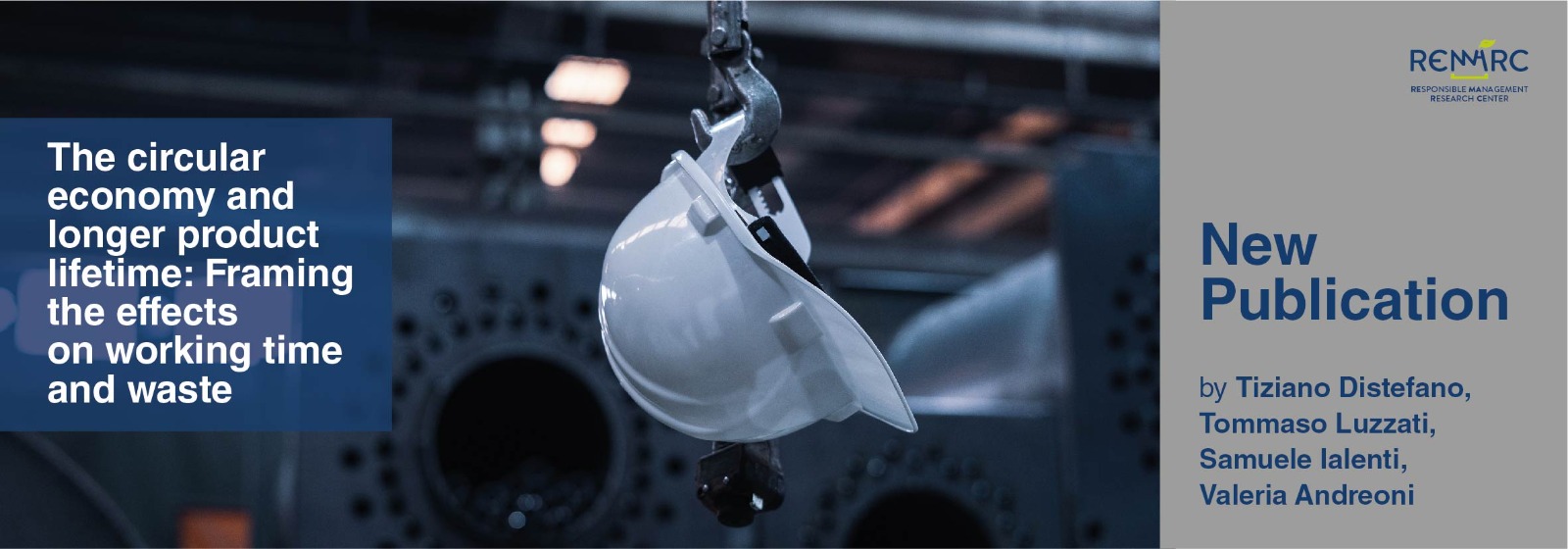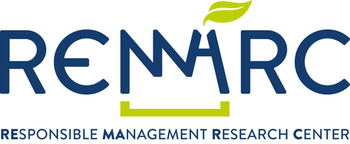The circular economy and longer product lifetime: Framing the effects on working time and waste

New Pubblication by Tommazo Luzzati, Tiziano Di Stefano, Ialenti Samuele and Valeria Andreoni
Abstract
An important goal of circular economy strategies is the extension of product lifetimes, under the assumption that this will deliver reductions in materials, energy use and waste. More broadly, longer lifetimes might counter the “broken windows fallacy” on which much of economic growth is based. The aim of this paper is to elaborate on this assumption rather than take it for granted. What are the systemic effects of policies aimed at saving materials? Who will benefit from them? To answer these research questions, we start connecting two issues that are often handled separately, despite being closely interlinked, namely (i) working time reduction and (ii) (over)production and waste generation. Trends in work indicators and material consumption in the EU15 countries confirm that higher material efficiency has not delivered the hoped-for benefits, thereby supporting the rest of our analysis. The conceptual framework that we propose shows that efforts towards material savings might allow reductions in working time per inhabitant while keeping labour compensation unchanged. However, such a possibility is hindered by competition over material efficiency gains.
The article is available online here.



